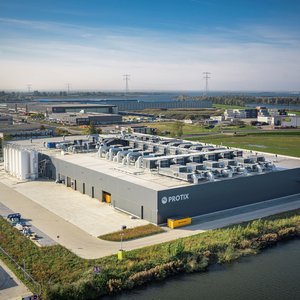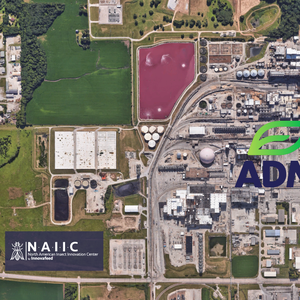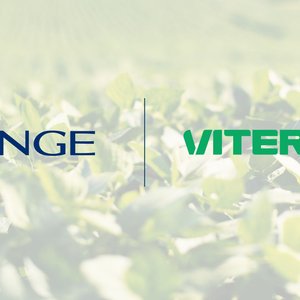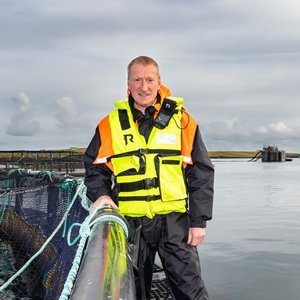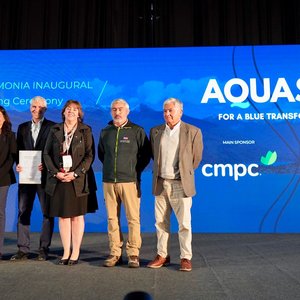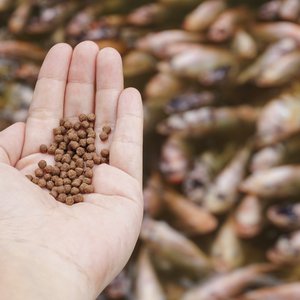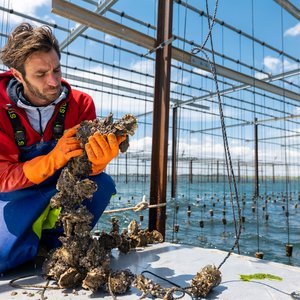USAID Invests $3 Million in Iraq's Aquaculture
The United States Agency for International Development's (USAID) Inma agribusiness program in Iraq will soon have millions of carp fingerlings ready for delivery to hundreds of fish farms across central and southern portions of the country, thanks to joint efforts with the U.S. military, the State Department, and area Iraqi farmers. Inma is Arabic for "growth."
A $3 million agreement with USAID's Inma Agribusiness Program to purchase six million fingerlings at a fixed price gave the Euphrates Fish Farm (EFF) hatchery the down payment it needed to fully resume operation. The fingerlings have the potential to generate 12 million tons of fish worth approximately $90 million at Iraqi retail markets.
Central Iraq boasts 70 percent of the country's fish farms, but in 2007 only a fraction of these were operational -- and even those were producing significantly below capacity. Built in the late 1970s, EFF was once one of Iraq's most modern aquaculture farm and hatchery operations, but it fell into disrepair and disuse after decades of conflict and sanctions.
Income-generation opportunities will ripple across Babil province as the new fingerlings are distributed to local fish farms. USAID, the U.S.
military, the State Department, and two fish farmer associations identified beneficiary farms from the provincial capital of Hillah in the south to North Babil. Making fingerlings available to farmers who cannot afford to buy them at current prices augments recent military successes in securing and stabilizing the area by offering non-violent alternatives for residents to earn income.
USAID is also working with feed producers to begin manufacturing high-protein feed that will better sustain newly hatched fish and shorten
their maturation time. Meanwhile, to help meet the urgent demand for the 2008 fish season, the U.S. military contributed 50 tons of the
highest-quality local feed available. Local agriculture and agribusinesses will also benefit from the EFF's pond overflow. After providing water to the hatchery and fish ponds, EFF pond outflow is channeled into canals that irrigate thousands of downstream acres of fruit and vegetable farms. This enables even more local farmers to resume cultivation and Inma will soon begin helping them improve their production and marketing.
USAID works to support the entire agribusiness "value chain" of industries that feed, transport and market fish and produce in Iraq.
Putting aquaculture and agribusiness back on track puts higher quality produce and much-needed protein into area markets, expands farming
opportunities, creates jobs, and moves Iraq another step closer to securing peace.


